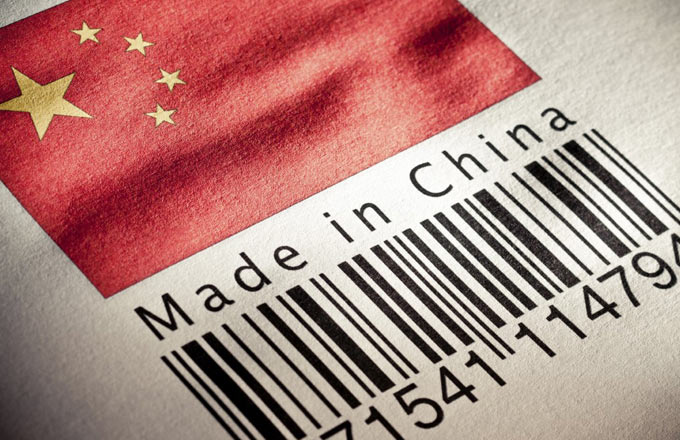China's red-hot property market searching for remedy
BEIJING - As China's real estate prices continue to rise despite the central government's repeated housing curbs, experts have suggested the cure is to be found in market-oriented measures.
China has been fine-tuning its property regulations since 2003, but average housing prices nationwide have more than tripled over the last decade, with some areas seeing prices grow by 10 times the original price.
The government's latest move to rein in the price was to release a guideline in early March urging local authorities to implement measures including a 20-percent tax on capital gains from property sales. That triggered widespread panic among potential buyers and sellers and created a secondhand property-purchasing spree in many cities.
In March 2013 alone, more than 40,000 pre-owned homes were sold in Beijing, up 300 percent from February. Meanwhile, the average sales prices rose more than 2 percent from February, official data showed.
Official statistics in April 2013 were not promising either. Sixty-seven of 70 sampled Chinese cities saw home prices increase from a month earlier, with home prices in Shanghai, Guangzhou and Shenzhen increasing 2.0, 2.1 and 1.8 percent, respectively.
A study published in late April by the Chinese Academy of Social Sciences (CASS) warned that China's real estate sector is already out of balance. The government needs to carry out changes and enforce curbs on the market, the authors said, otherwise, "there could be an overall loss in control of property prices."
"Demand outstripping supply is the key reason for the price hike," said Li Enping, a research fellow with the Institute for Urban and Environmental Studies at CASS.
"If the 20-percent profit-gain tax is strictly implemented, housing prices will rise faster because the tax will supress supply. On the one hand, the new tax will add a burden to homebuyers. On the other, people who can no longer afford a second hand home will turn to newly built homes, pushing up prices of the latter," said Li.























